I’ve always found shopping to be a stressful activity. Being a pretty chilled out kinda person, that’s saying a lot for me.
And as far as shopping stress goes, buying clothes is the most stressful exercise of all. Do I want the blue coat or the black one? At what point do my thighs look too fat in this pair of pants? Is this top see-through or am I the only one who can see my bra under it? Is this pair of boots the same shade of brown as my handbag, or slightly more orange?
So I shop as infrequently as possible. I’m too lazy to be much into factory outlet stores and too indifferent to go to independent fashion boutiques. Thankfully my younger sister faithfully passes me hand-me-ups to bulk up my wardrobe so I can get “new” clothes without ever having to actually go shopping.
My lack of interest in fashion paired with a generally prudent approach to spending and consuming also means that I have often made purchases at fast fashion retailers – even if I was never stuck in the fast fashion cycle. These stores are in easily accessible locations, stock a wide range of items made to suit a broad demographic, and everything’s affordable.
That’s exactly what you want when you’re attempting to deprioritise the role of fashion in your life.
All this, I understand, is in itself an expression of identity. My supposed lack of interest in fashion is in itself a statement about who I am and about my desire to give greater importance to other things in my life.
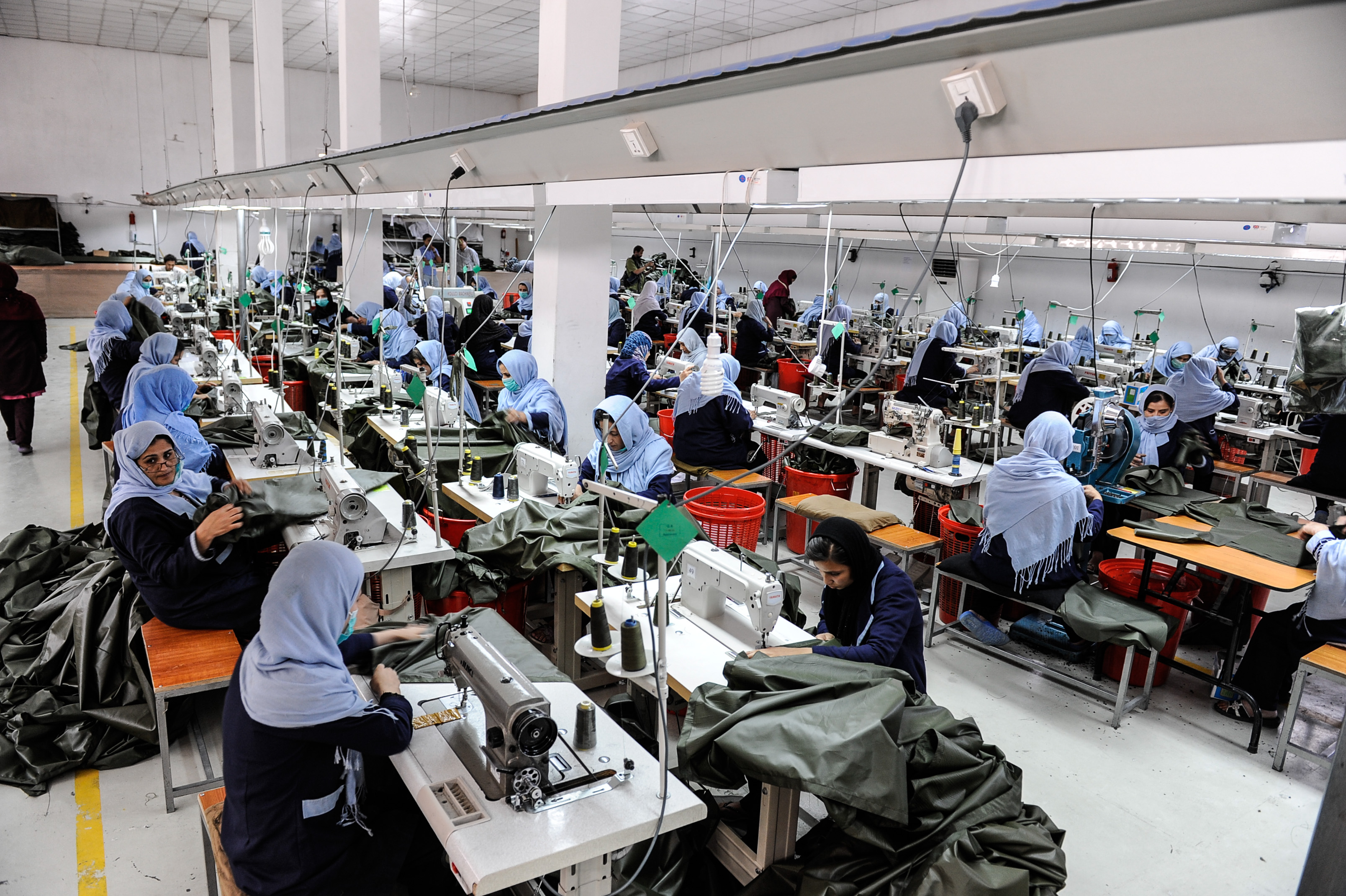
Having spent the last six months working at Baptist World Aid on the 2017 Ethical Fashion Report, I am more aware that my fashion choices – even when they are not motivated by any particular sense of fashion or style – are a statement not only about who I am, but also about the kind of world that I want to live in.
By “not caring” about my clothes, I was in fact “not caring” about the literal blood, sweat and tears poured into the items I wear, by underpaid workers on the other side of the world. Workers who my earn in a week what I might spend on a single pair of jeans.
But this post isn’t about my wrestle with privilege. It is, as I’ve already mentioned, about the kind of world I want to live in.
My starting point, years ago, was the premise that helping one person makes it all worthwhile. I clung to that. The truth is it was hard to reconcile my belief in a fundamentally broken world with this crazy goal of ending extreme poverty in our lifetime.
But nowadays I dream bigger. Aiming to help one life is aiming too low – not because that one life isn’t infinitely invaluable, but because systemic change IS possible.
For me, the life of a follower of Jesus is less about being good for the sake of being good. It’s about loving our neighbour because he said so, and because he himself lived by that. But it’s also about bringing justice, freedom, restoration as a taste of heaven on earth. It’s the kingdom active in and around us right here, right now. It is the very act of living and sharing the gospel.
So I believe in the possibility of and need for change while maintaining what I have always known, that the world still fundamentally broken.
I believe in change because I have seen it.
I have seen positive change in the public justice system in Bolivia, through International Justice Mission’s tireless work.
And now I have seen positive change in the fashion industry, through the passionate advocacy of Baptist World Aid and other organisations.
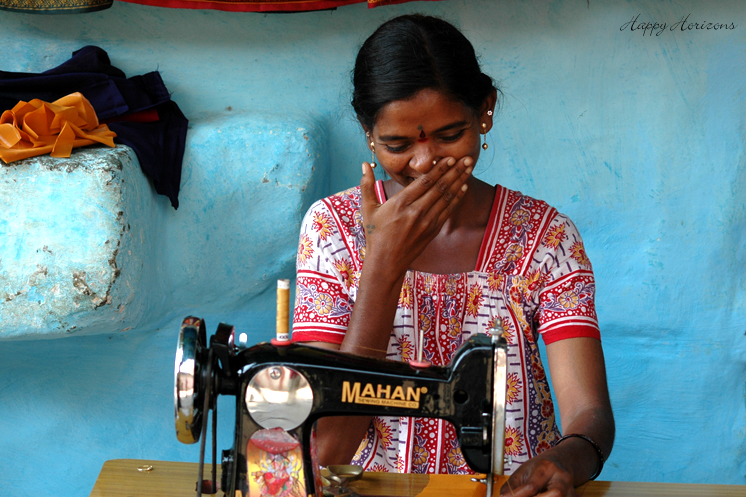
Encouragingly, there is growing collective will in the apparel industry. Companies want to be more ethical – and beyond consumer and media pressure, a good number of them are genuine in that desire.
Where just a few short years ago in 2013, very few brands knew anything about their supply chains beyond their direct suppliers, 81% know something of the facilities where the fabric for their clothing is dyed, spun or woven. A significant proportion – around 45% – are involved in efforts to trace their sources back to cotton fields, or to guarantee some visibility over cotton production by sourcing through the Better Cotton Initiative.
It’s becoming standard practice for brands to include on their websites a code of conduct relating to their suppliers and supply chains. Many larger companies report publicly on their ethical responsibility, collecting and sharing data on what actions they have taken to improve working conditions for their workers.
Companies who once questioned on what authority BWA had the nerve to grade companies now ask the advocacy team for advice on what next steps they should take in improving their ethical sourcing policies.
So much remains to be done. While wages have improved in countries like Cambodia and China, rates in Bangladesh are dismal. Across the board workers are still not earning anywhere near enough to support themselves and their families. So I hear the sceptics who point to a $5 t-shirt and question how anything has changed.
But read the 2017 Ethical Fashion Report and you’ll see there is hope – and it’s hope based on solid evidence of real progress in the industry.
Views expressed in this post and on this blog are my own and do not represent those of Baptist World Aid. I worked on the 2017 Ethical Fashion Report from October 2016 to April 2017, and you can download the report and accompanying Ethical Fashion Guide here for free: https://baptistworldaid.org.au/resources/2017-ethical-fashion-report/.
For my initial reflections on joining BWA’s fashion research, see this post.
Header image credit: Asian Development Bank 30303-013: Karnataka Urban Development and Coastal Environmental Management Project in India via photopin (license).

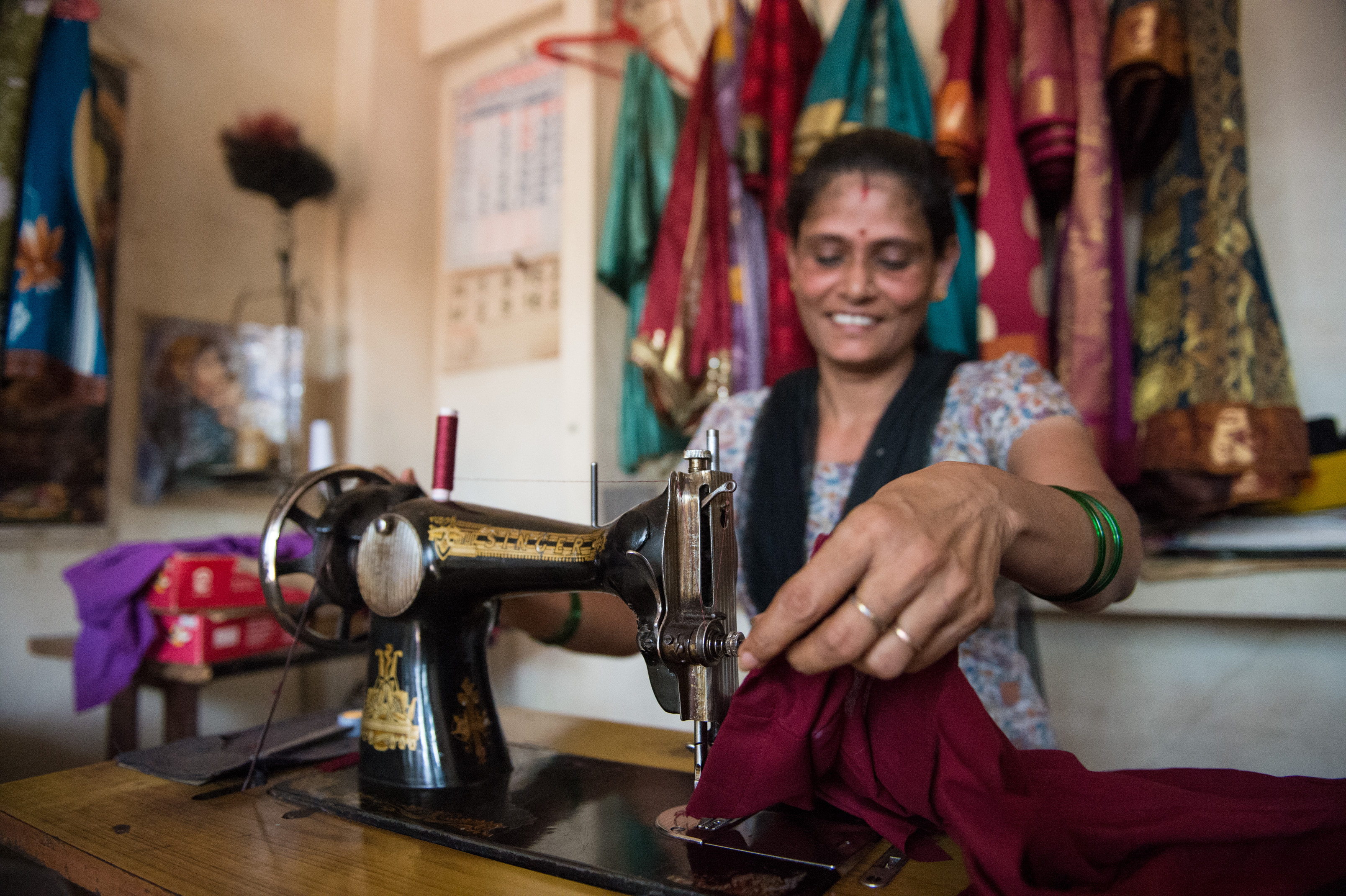
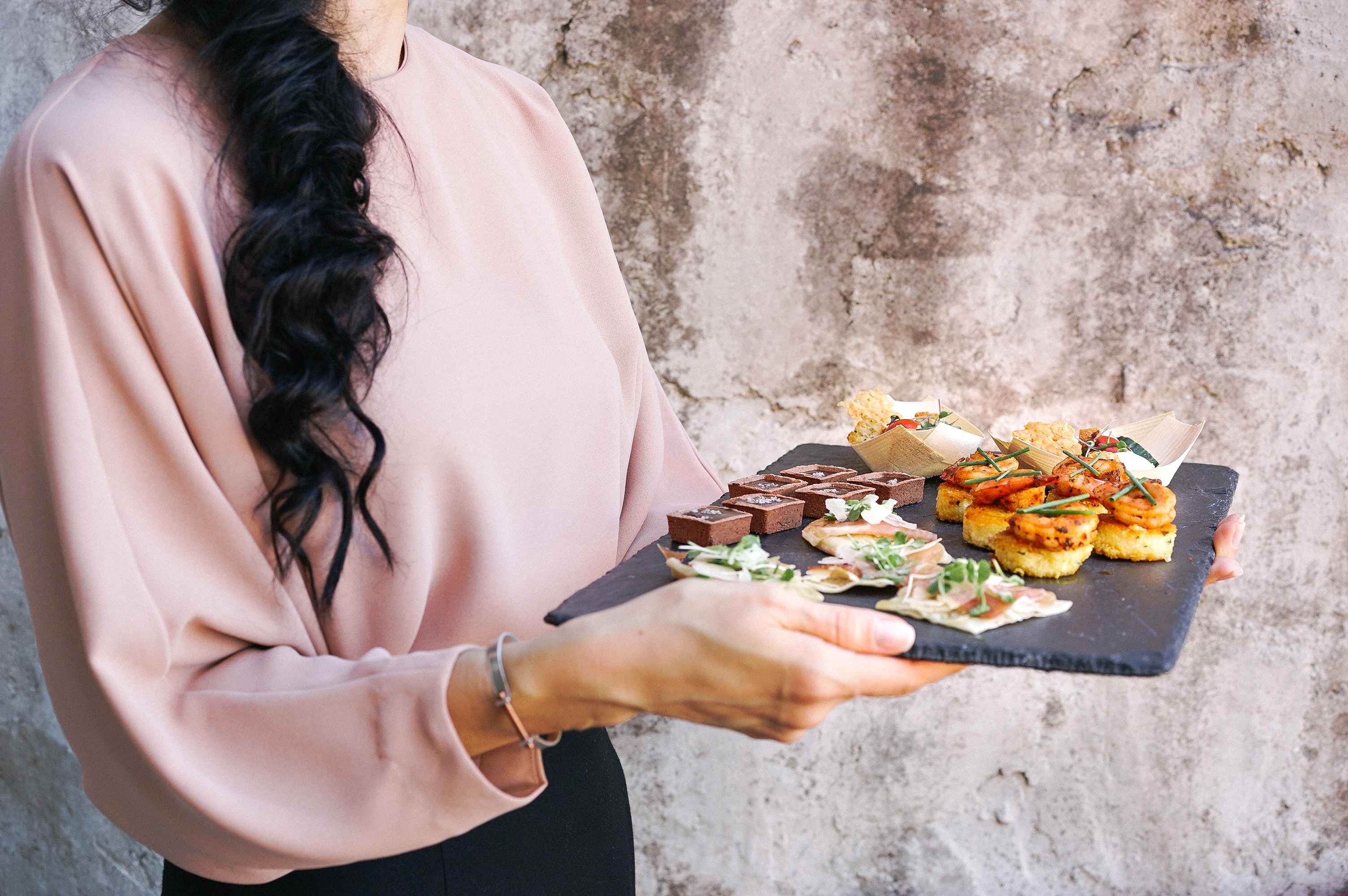
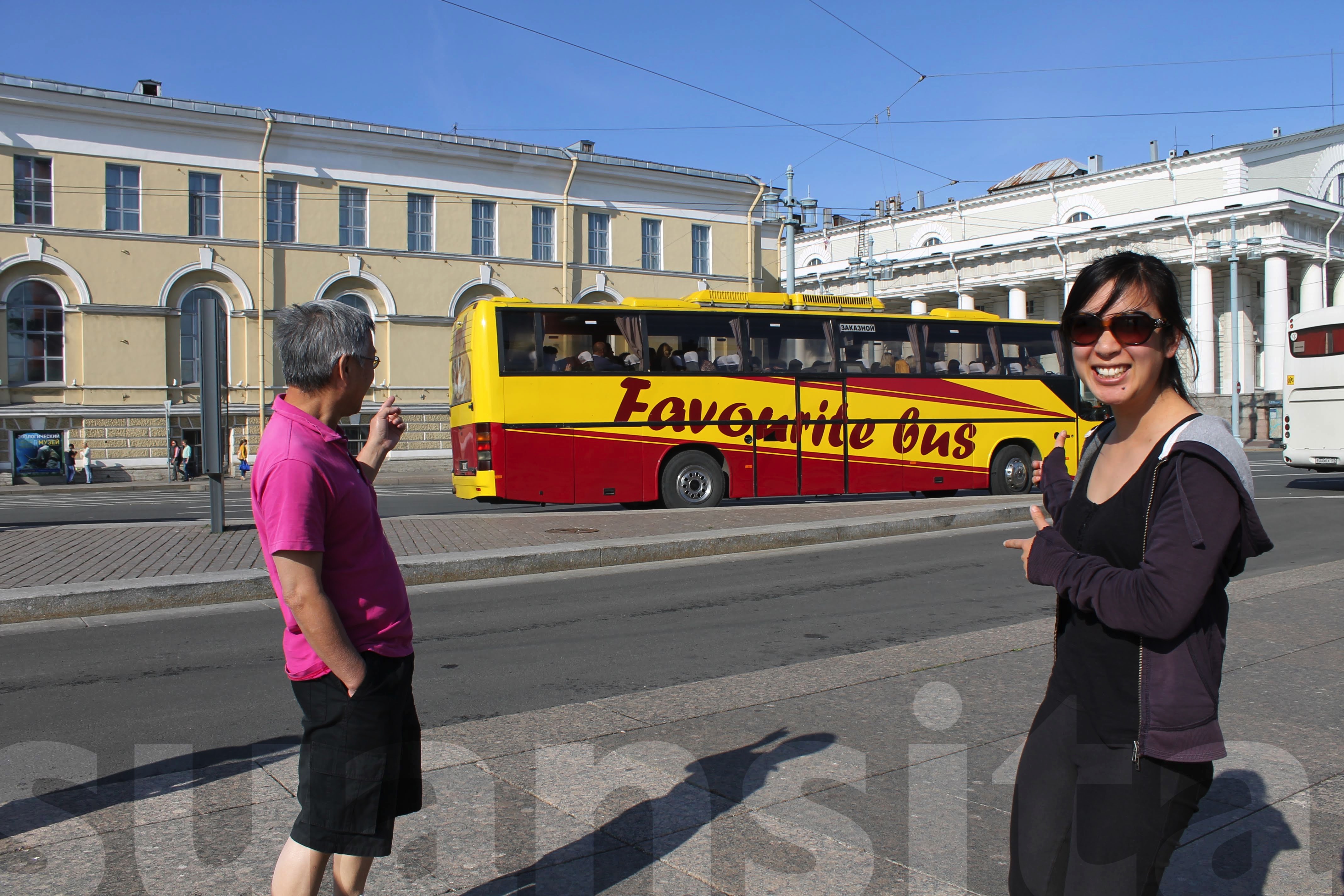

5 comments
Thanks so much for writing this. I wholeheartedly agree and am keen to get as much information on ethical fashion as possible.
Thanks Ange. It can all be a bit overwhelming because there are so many stores, but we have tried to include all the major labels and hope the guide is user friendly 🙂 The more awareness there is, the more reason there will be for consumers and corporates alike to do more to make business more ethical.
“systemic change IS possible”. Loved this. Thank you for sharing!
Thanks for reading, and believing! 🙂